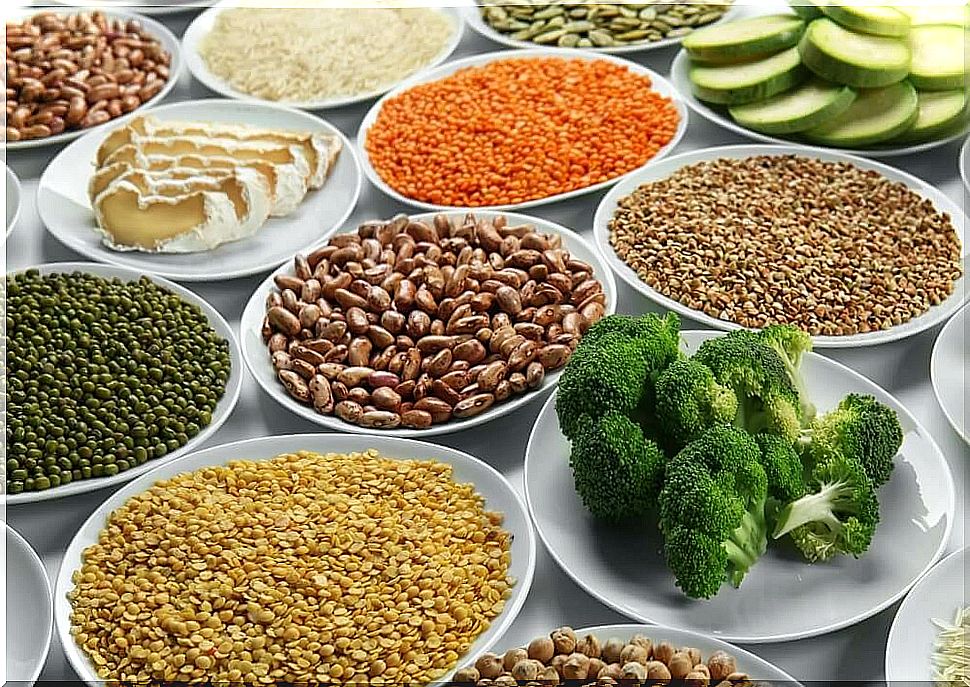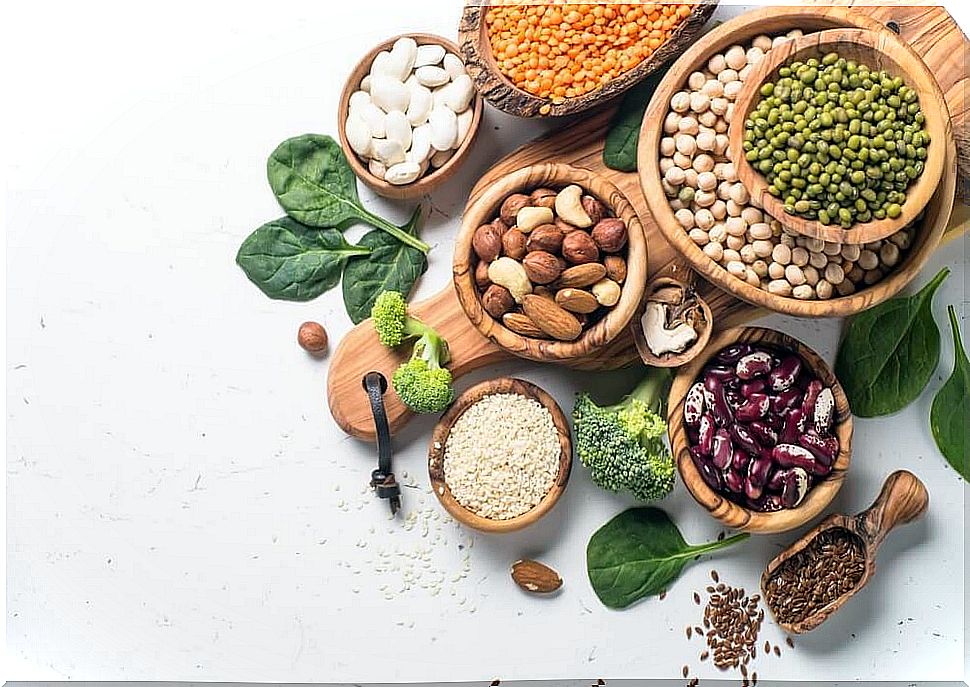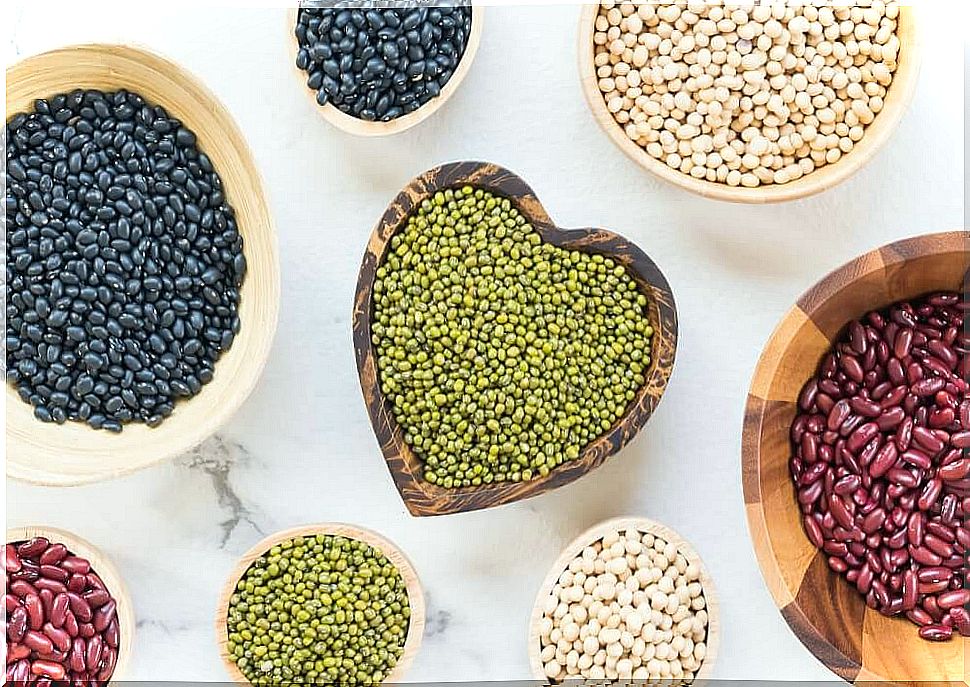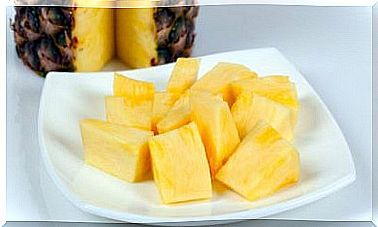Is Vegetable Protein Enough For An Athlete?
If you are an athlete and you are wondering if the protein that vegetables provide is enough to perform well, continue reading this article.

It is often said that vegetarian and vegan diets can cause protein deficiency. This, added to the demanding nutritional needs of those who play sports, can mean that plant protein is insufficient for the needs of athletes.
What are proteins?
Proteins are molecules formed by chains of amino acids present in our body, they have a structural function. They also act as enzymes, improving chemical reactions in our body, or as hormones or neurotransmitters with regulatory function.
In addition, they function as transport molecules. For example, hemoglobin, which carries oxygen throughout our body. They can also be part of our immune system.

In our body there is a wide variety of proteins which are formed by only 20 amino acids, of which 8 are essential. This means that our body is unable to create them on its own and therefore we must provide it through our diet.
The essential amino acids are: valine, leucine, isoleucine, phenylalanine, tryptophan, threonine, methionine and lysine.
Complete proteins
A complete protein provides us with all the essential amino acids. Usually, these are proteins of animal origin. In contrast, proteins of plant origin are considered incomplete proteins because they are not able to provide these 8 essential amino acids.
For example, legumes lack lysine, and grains lack methionine. In this way, it seems obvious that a vegetarian is unable to provide his body with all the protein it needs.
But the truth is, it is much simpler. The simple fact of combining these foods makes it possible to obtain a complete protein of the same organic quality or of better quality than that of animal origin.
In the case of ovoctectic vegetarians – consumers of eggs and dairy products – another option would be to combine proteins that can be obtained from vegetables with others present in products derived from animals.
What is the quality of vegetable proteins?
In addition to getting the essential types of protein, we need to assess the protein quality of the products we consume. This is based on understanding the difference between the amount of protein in the product composition chart and the amount actually used by your body.

For this, we will consider three factors:
- Digestibility: this is the percentage of proteins absorbed in relation to the substances ingested. In general, this parameter is higher in proteins of animal origin and lower in plants. Especially if the plant products are rich in fiber, which hinders the action of gastric juices and enzymes in digestion
- Biological value: total percentage of amino acids forming a protein retained and used by the body. Foods of animal origin tend to contain more essential amino acids and therefore have greater biological value.
- Net protein use: the proportion of protein consumed and retained by the body
In summary, the main problem encountered is that vegetable proteins contain less essential amino acids than animal proteins. This is easily solved by combining foods such as grains and legumes during the day.
Main sources of vegetable protein
When consuming protein of plant origin, certain foods are particularly valuable from a nutritional point of view:
- Soybeans: this food is very rich in high quality vegetable proteins. In addition, its derivatives, such as tofu or soy milk, are perfect for the preparation of many recipes.
- Seeds: especially sunflower seeds, pumpkin seeds and pine nuts. Indeed, they contain amounts of protein that can replace meat without problems.
- Nuts: Walnuts, pistachios or almonds are other products with a high content of high quality vegetable proteins. In addition, they help protect the cardiovascular system

- Cereals: Quinoa, for example, has a high protein content. The only downside to these products is their lack of lysine and tryptophan
- Legumes: in some, like lentils, you can find good amounts of valine and lysine
- Vegetables: in addition to protein, they will provide fiber, minerals and vitamins
In conclusion, any athlete can follow a vegetarian or vegan diet without falling into a lack of protein. You just need to be careful about consuming a wide variety of plant protein sources to get all the amino acids needed for the body to function properly.









